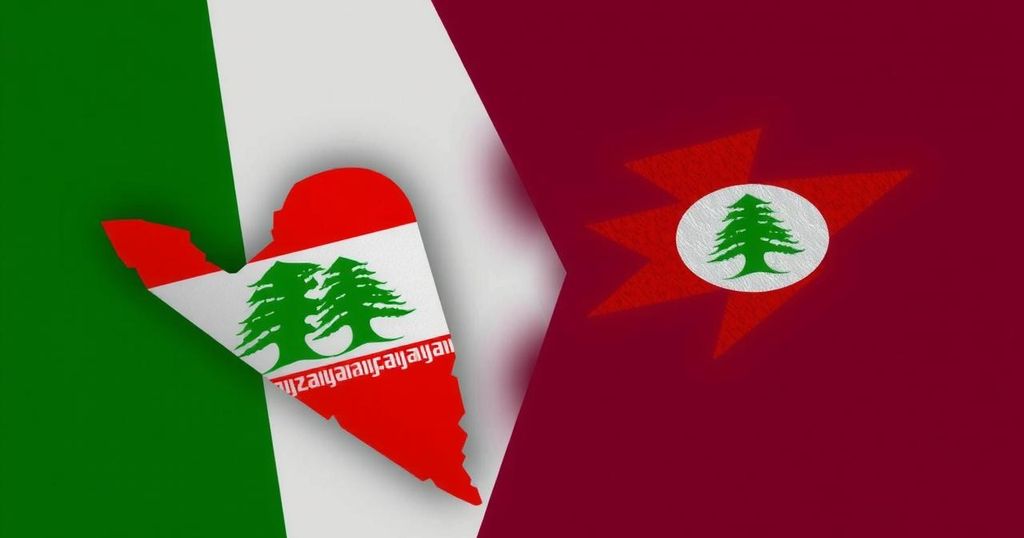Iran is contemplating a separation of the Lebanese and Gaza fronts primarily to stabilize Hezbollah’s influence while enhancing its regional position amidst U.S. challenges. The negotiations include contentious terms related to sovereignty that challenge Lebanon’s autonomy, with significant implications for the ongoing cease-fire talks.
Iran appears to be strategizing to dissolve the connection between its proxies in Lebanon and Gaza. This tactical shift seems to be motivated by Tehran’s objectives of ensuring Hezbollah’s stability in Lebanon while simultaneously enhancing its sway in the region amid pressures from the Trump administration. The discussions regarding a cease-fire include terms that may undermine Lebanon’s sovereignty, particularly concerning Israel’s demand for uninterrupted operational freedom in instances where Lebanon’s military and UNIFIL fail to uphold the agreement. Nabih Berri, Lebanon’s parliamentary speaker and the official negotiator for Hezbollah, has publicly declared that provisions allowing Israeli actions compromise Lebanon’s sovereignty and are therefore “non-negotiable.” This statement underscores the complex balancing act that Lebanon must navigate as it engages in negotiations influenced by regional powers and the overarching need for a peaceful resolution.
The current geopolitical landscape in the Middle East is deeply influenced by the relationships and conflicts between various state and non-state actors, particularly concerning Hezbollah in Lebanon and Hamas in Gaza. Iran has historically maintained a significant role in supporting both groups, viewing their interconnected struggles as pivotal to its regional ambitions. However, evolving diplomatic requirements have prompted Tehran to reconsider its strategy, especially in light of Israel’s security concerns and its own ambitions to solidify Hezbollah’s control within Lebanon. The intersection of these dynamics forms the crux of the ongoing negotiations.
In summary, Iran’s recent diplomatic maneuvers signal a potential recalibration of its strategy in the region, specifically regarding the ties between Hezbollah and Hamas. The insistence on maintaining operational freedom for Israel, juxtaposed with Lebanon’s sovereignty claims led by Nabih Berri, reflects the complexities inherent in these negotiations. As such, the outcomes remain uncertain, dependent on the evolving interplay of local and regional interests.
Original Source: www.haaretz.com






